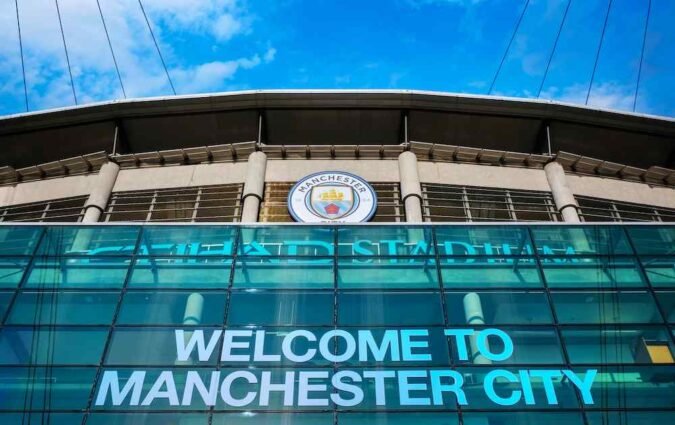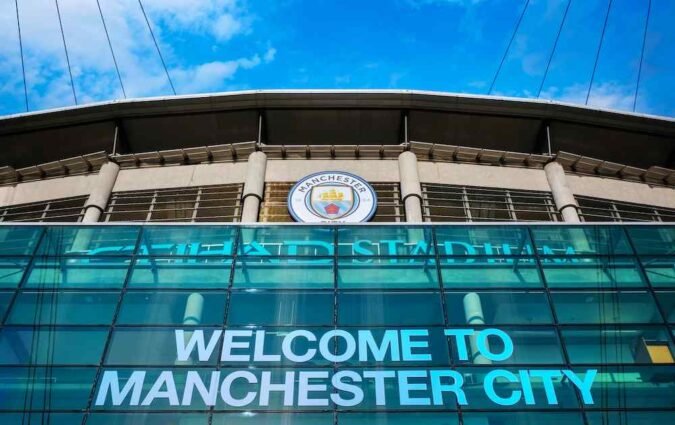The ‘size’ of a football club has long been debated by fans across England. The emergence of social media has also helped expand the use of referring to a club’s size as part of an argument.
There has never really been a solid base to prove one’s opinion on the size of a club right or wrong, as being in the top flight and winning silverware these days apparently counts for very little in the minds of some.
Nevertheless, Betway have made a serious effort at putting the debate to bed, creating a ‘Big Club Survey’ that uses a series of criteria to calculate the top 20 biggest clubs in England.
Over 3,500 fans were asked what they think makes a big club. Using the 10 criteria provided by Betway, these fans were asked to score them out of 10 based on their importance. These criteria were a variety of things, such as stadium size, silverware and transfer spend.
Only club’s that have been in the Premier League were used as part of the survey, and each club earned points based on how highly they ranked in each category, with 20 points awarded to the highest-ranked team and one point for the 20th-ranked team. Teams below 20th scored nothing. Then, using a formula, a total score for each club was calculated – bringing the all important results.
The full criteria for the survey is shown below.

With these results, the ultimate Premier League table was formed, featuring the 20 biggest clubs in the country. Here is that table.

Manchester United were undoubtedly made the biggest team in England, finishing 57 points clear of Liverpool despite not winning the league since 2013.
Manchester City, however, finished down in fifth, behind Liverpool, Arsenal and Chelsea. This is despite their back-to-back Premier League wins and the topping of three categories – recent silverware, recent years in the Premier League and transfer spend. However, due to those being among the four least important criteria in the survey, it did not help their score against the other big guns.
It shows that fans don’t regard recent success as valuable as past glory – with newly promoted Aston Villa finishing ninth, ahead of Leicester, Newcastle and Southampton. Similarly, Sunderland, who are entering their second successive season in League One, ranked 13th.
Blackburn, Leeds United and Nottingham Forest all had a place in the top 20 too, despite being absent from the top division since 2012, 2004 and 1999 respectively.
The big teams to miss out on a place were West Brom, Fulham and Sheffield Wednesday, all of whom finished within 30 points of a spot in the top 20. Middlesbrough, despite spending 15 seasons in the Premier League, also failed to make the cut.
So with the Big Club table complete, do you think the debate is settled? Are these the top 20 clubs in England?
Let us know in the comments who you think should be in or out, or what order should be changed.
